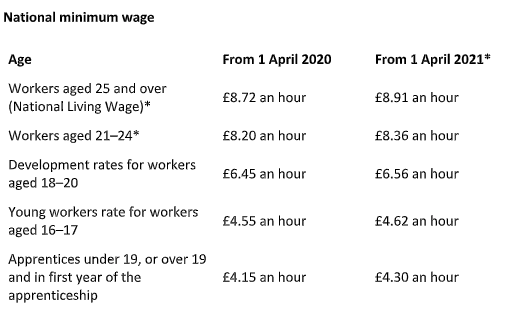The Government has confirmed that it remains committed to building 40 new hospitals by 2030 and will invest over £20 billion into the New Hospital Programme (NHP). The list now includes five existing hospitals that will be rebuilt as they contain a significant amount of reinforced autoclaved aerated concrete (RAAC) which has a limited lifespan and is at risk of failure, plus three new mental health facilities that are not part of the NHP. As a result, eight projects that were included in the original list of 40 have been pushed back until after 2030.
Build UK recently facilitated the first collaborative roundtable with the NHP, one of our Client members, which brought together Contractor members to look at how the industry could work with the NHP to deliver one of the largest programmes in the UK.
